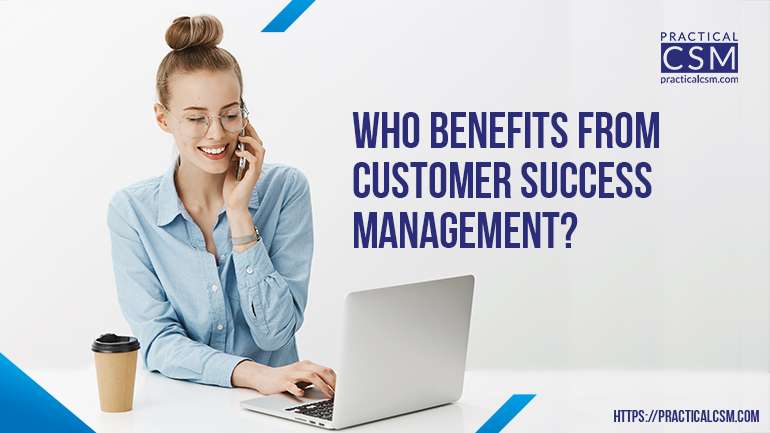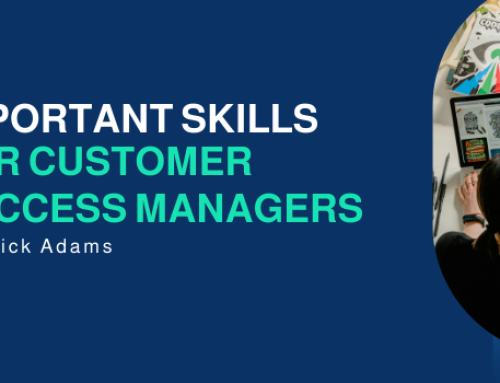Who Benefits from Customer Success Management?
Is Customer Success Management Worthwhile?
Why bother?
Customer success management is a lot of effort, so why take all the trouble? Would it not be simpler and cheaper not to provide customer success management services? After all, we survived for years without the need for a formal customer success management role, and the important stuff is already being done by our customer services staff, right?
I hear the above questions fairly often, both from those outside and inside the customer success management profession. In all honesty the answer is not an unequivocal “Yes” for every situation. It really does depend upon the company in terms of what it sells, how it sells it and who it sells it to. The main factors that will dictate the level of return on investment that a company can expect to attain from owning and operating a customer success management team are provided below in order of importance:
- Amount of revenue coming from renewals of as-a-service contracts
Customer success management provides an excellent way to reduce churn and increase both renewal rates (the percentage of customer that renew their contracts) and renewal levels (the value of each contract that gets renewed). If the amount of revenue from renewals of as-a-service contracts is sufficiently high, and especially where this amount is a significant proportion of all revenues and/or where the company’s strategy is to grow as-a-service contract revenues, then owning and operating a customer success management team is likely to make financial sense.
- Complexity of products, services and/or solutions sold
If the company sells complex products, services and/or solutions that require a high level of planning and activity to implement (for example customization, installation, configuration, integration with other corporate systems, training and support of end users, changes to business capabilities and processes) then customers will have a higher need for the type of onboarding, adoption and value realization-related assistance that customer success managers can provide.
- Customer loyalty and lifetime customer value
If customer loyalty is important to the company in terms of expectations of a high total revenue value coming from multiple sales of products, services and solutions sold to an average customer over the customer’s entire lifetime as opposed to a relatively few number of sales to any one customer, then the company may desire to put more effort into customer success management activities as a part of an overall customer experience strategy aimed at maximizing customer retention.
- Average deal size
If the customer’s investment in the company’s products, services and/or solutions then customers will be likely to have a higher expectation as to the value returned by their purchases, and an equally higher expectation as to the type and level of post-sales support they receive from the supplier.
What Have I Missed?
Did I miss anything? Is there another key benefit to either customers or suppliers that ought to be included on my lists? If so please let me know – I’m always interested to hear from fellow CS professionals and always keen to learn new ideas as well.






Leave A Comment
You must be logged in to post a comment.